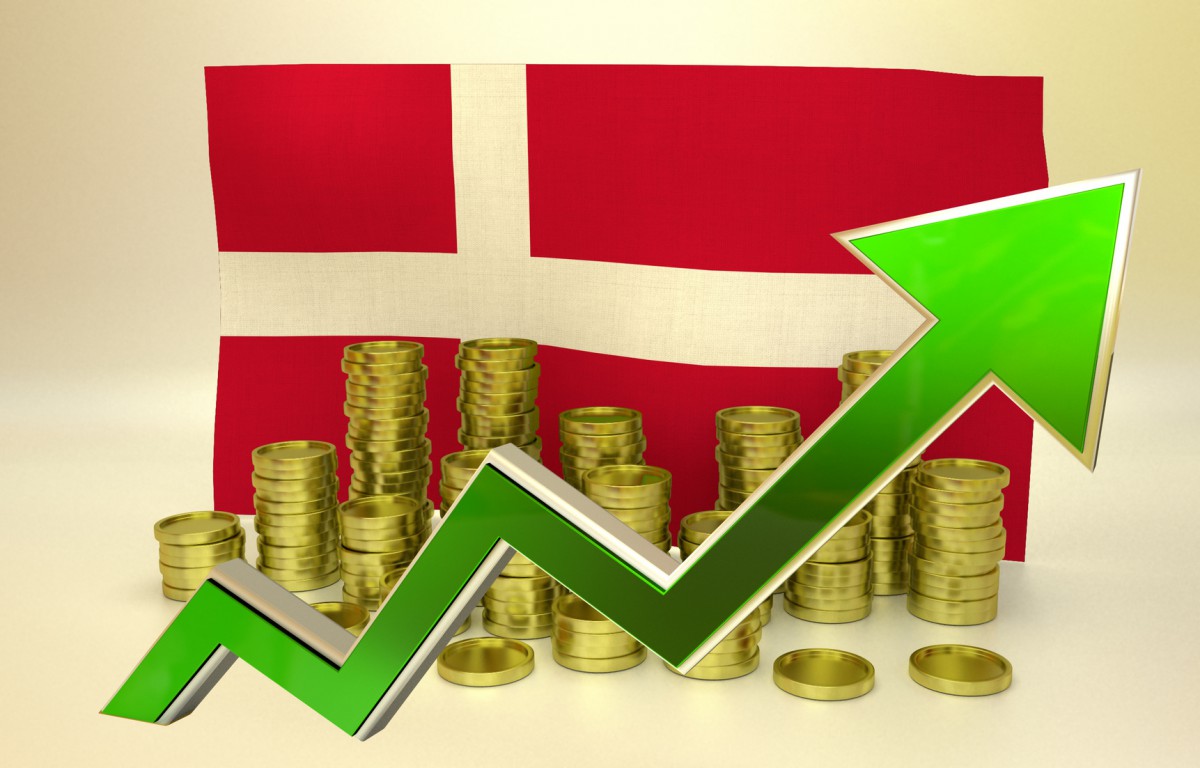The country is among the few European nations to have a successful formula in regulating online gambling, which is evident from gross gaming revenues released by Spillemyndigheden or Danish Gaming Authority (DGA). In the fourth quarter of 2016 the gross gaming revenue for online betting was 356 M DKK or 64.5% of the betting market. Online casinos alone accounted for 1,564 M DKK in 2016. Overall, Denmark’s gambling market gross gaming revenue recorded DKK8.9 billion in 2016, which was a 6% rise from the previous year.
One of the major changes in regulatory provisions for offshore online casino operators came in May 2011. The DGA began to allow part of the licensee’s operations to be located outside the country. This was in line with other European jurisdictions where it was not mandatory for online gaming servers to be located in the country in order to be licensed.

Prior to 2012, Danish as well as overseas companies were prohibited from offering online casino games and sports betting. Until then and since 1948 only Danske Spil, in which the government has an 80% share, was awarded a betting license. During this period offshore operators managed to circumvent the law and accept bets from Danish players and also offered them the opportunity to play in DKK and native language support. Therefore, the government finally gave into pressure from the European Union to introduce more reforms in online casino gambling. The Danish Gaming Act which was drafted in 2010 and paved the way for other companies to offer online casino gambling at lower tax rates of 20% of their gross gaming revenue, was finally passed and took effect in 2012.
Since the implementation of the Danish Gaming Act the DGA started issuing licenses to several offshore operators such as Bet365 and 888, to name a few. In addition, measures were taken to block foreign sites that were unlicensed and had circumvented the law. In 2013, as many as 25 licensed operators (see the full list here) were granted an extension of their online gambling license. In May 2015 the European Commission approved several modifications to Denmark’s online gambling legislation to include daily fantasy sports.
While the DGA turned more liberal in granting licenses, the watchdog continues to remain vigilant in its approach. However, the online casino market has become increasingly competitive while the government is able to generate revenue that it would have otherwise lost due to the presence of unlicensed offshore operators. All through 2016 online casino revenue continued to grow by 30% to DKK 345 million.
Industry experts believe that gambling revenue could increase as much as 20% since 2012 when regulations were first introduced and is expected to touch DKK 9 billion. Such figures suggest that the government is likely to continue to welcome new operators into the online casino market.

.gif)















